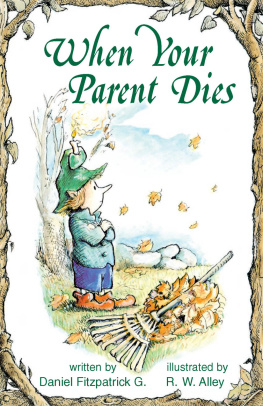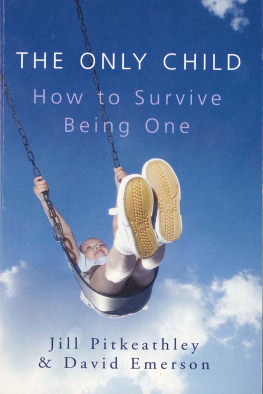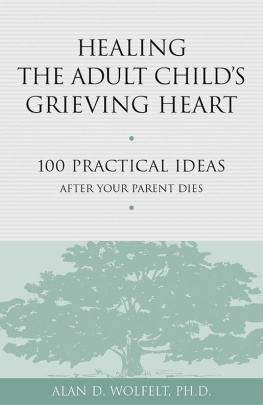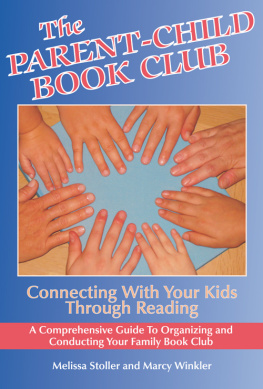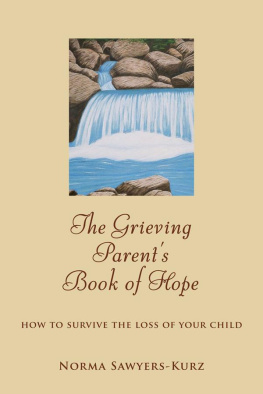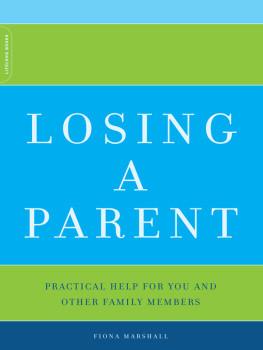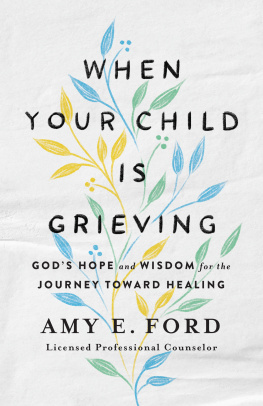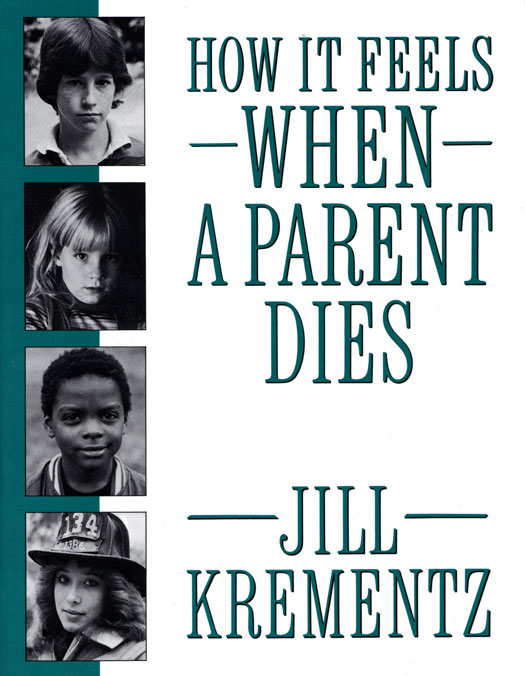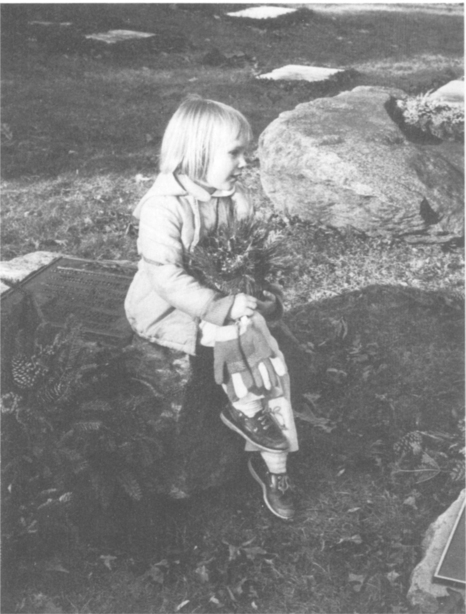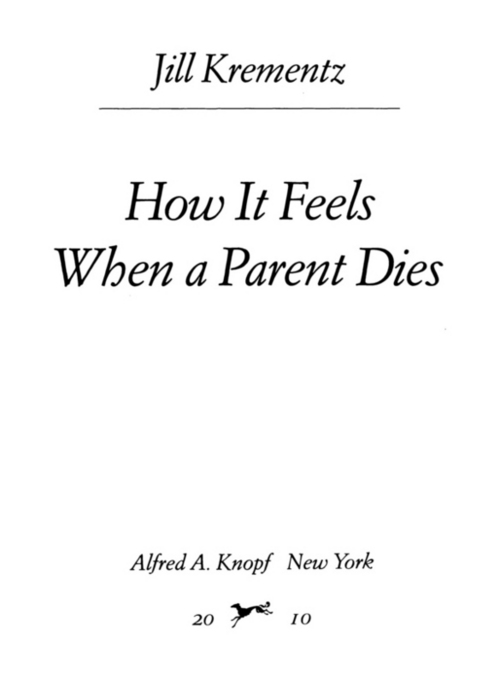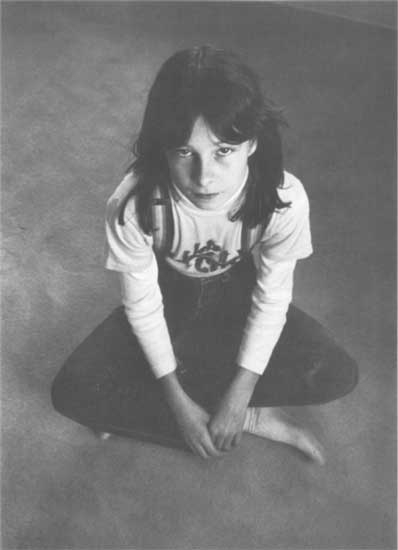Also by Jill Krementz
The Face of South Vietnam ( WITH TEXT BY DEAN BRELIS )
Sweet PeaA Black Girl
Growing Up in the Rural South
Words and Their Masters ( WITH TEXT BY ISRAEL SHENKER )
A Very Young Dancer
A Very Young Rider
A Very Young Gymnast
A Very Young Circus Flyer
A Very Young Skater
A Very Young Skier
A Very Young Musician
A Very Young Actress
The Writers Image
How It Feels When a Parent Dies
How It Feels to be Adopted
How It Feels When Parents Divorce
How It Feels To Fight For Your Life
How It Feels to Live With a Physical Disability
The Fun of Cooking
Benjy Goes to a Restaurant
Hollys Farm Animals
Jack Goes to the Beach
Jamie Goes on an Airplane
Katherine Goes to a Nursery School
Lily Goes to the Playground
Taryn Goes to the Dentist
Zachary Goes to the Zoo
A Visit to Washington, D.C.
THIS IS A BORZOI BOOK
PUBLISHED BY ALFRED A. KNOPF, INC.
Copyright1981 by Jill Krementz
Cover photographs by Jill Krementz
All rights reserved under International and Pan-American Copyright conventions. Published in the United States by Alfred A. Knopf, Inc., New York, and simultaneously in Canada by Random House of Canada Limited, Toronto. Distributed by Random House, Inc., New York.
Library of Congress Cataloging-in-Publication Data
Krementz, Jill.
How it feels when a parent dies.
1. Children and death. 2. Parent and child.
1. Title.
BF723. D3K73 1981 155.937 80-8808
eISBN: 978-0-307-82030-3
Published June 25, 1981
Reprinted Fifteen Times
v3.1
This book is dedicated
to
Dr. William J. Chambers
with my thanks
Contents
It was five years ago that I first thought about doing a book for children dealing with a parents death. In July 1975 my friend Audrey Maas died, suddenly and unexpectedly after a short illness. What I remember most about Audreys funeralthe indelible picture I carry in my mindis her son, John Michael, then eight years old, standing there in the front row beside his father, Peter. John Michael was the only child in a roomful of grownups, all dressed up and trying to be very brave. Later at the cemetery he stood holding hands with his father, and once again he was fighting back his tears while the rest of us cried our eyes out. In the weeks that followed, my husband and I dropped by to see Peter and John Michael from time to time, as did many of their other friends, and I remember being told by a neighbor of theirs that John Michael often went next door to chat because he needed to talk to somebody and, more importantly, because he needed to get away from all the people. It seemed as though the influx of visitors, a comfort for Peter, was somewhat of an intrusion for John Michael. In any case, it was at that time that I first started thinking about this book. And three years ago I started searching for the children who have shared their stories and their feelings in the pages that follow.
At first I felt very shy about asking children if they wanted to participate. But I soon realized that, without exception, the children I spoke with seemed to welcome an opportunity to revealand relievetheir feelings. The interviews were painful, but apparently the children appreciated it that someone was concernedsomeone who was not a surviving parent or in some other close relationship to them. And this helped to confirm me in my hope that other children who have suffered the terrible loss of a parent might be solaced and strengthened by reading of the experiences and feelings of the eighteen children who speak in this book. Of course each childs experience is different from any other, and of course there can be no easy or simple comfort for the pain of a parents death. But we all know how emotionally helpful it can be to realize that others have felt some of the same things we are feelingthe grief, the anger, the anxiety, the embarrassment. And I believe that within these eighteen personal and specific experiences there will be much that other childrenand parentswill recognize and take comfort and support from.
One of the things Ive realized while working on this book is that often a child whose parent has died doesnt know anyone else this has happened to, and feels particularly isolated and special in a very distressing way. I hope the book will help such children to realize that they are not aloneeither in suffering so great a loss, or in the feelings they have about it. I also hope that many children will be able to read this book with their surviving parent and then find it easier to talk about themselves. Most of all, I hope the book will show children that there arent any right feelings or wrong feelings; that acknowledging how you feel and not being afraid to express it is what mattersand helpsthe most.
In closing I would like to thank all the people who helped me with the bookthe friends, teachers, and librarians who introduced me to these children, and of course, most of all, the eighteen boys and girls who so generously and bravely are sharing with us here their most private selves.
Jill Krementz
Laurie Marshall, age 12
My father died two months ago in a plane crash. He was a sports-medicine doctor and he and a few of his associates were going up to the U.S. Olympics in Lake Placid. I found out about it around four oclock in the morning. I had heard the dog all night. It was still dark outside, so I decided to go downstairs and see what was happening. The priest was in the living room and there were about four policemen. My mother was sitting on the couch, crying.
I thought something bad had happened. At first I thought it might have been a fire or a burglary, but then I thought that the priest wouldnt be there if it was a fire or a burglary. So I thought it had to be something worse. I thought something had happened to either my grandfather or grandmother because theyre both getting on, but then I said, What happened? and my mother told me. I didnt think it was true.
Everybody was crying. The policemen left right away and some neighbors from across the street came over and sat with us. We let my younger brother sleep. Then around six oclock the priest went upstairs to see if my brother was awake and he told him, Something terrible has happened. Then he told my mother to come up.
I stayed out of school for about two weeks. I just wanted to stay around the house. It was around Valentines Day, so a lot of my friends sent valentines. I think thats the way they wanted to say they were sorry, instead of saying it just straight out. It was easier for them, and for me, to say it on paper. The cards made me feel like they all cared.


